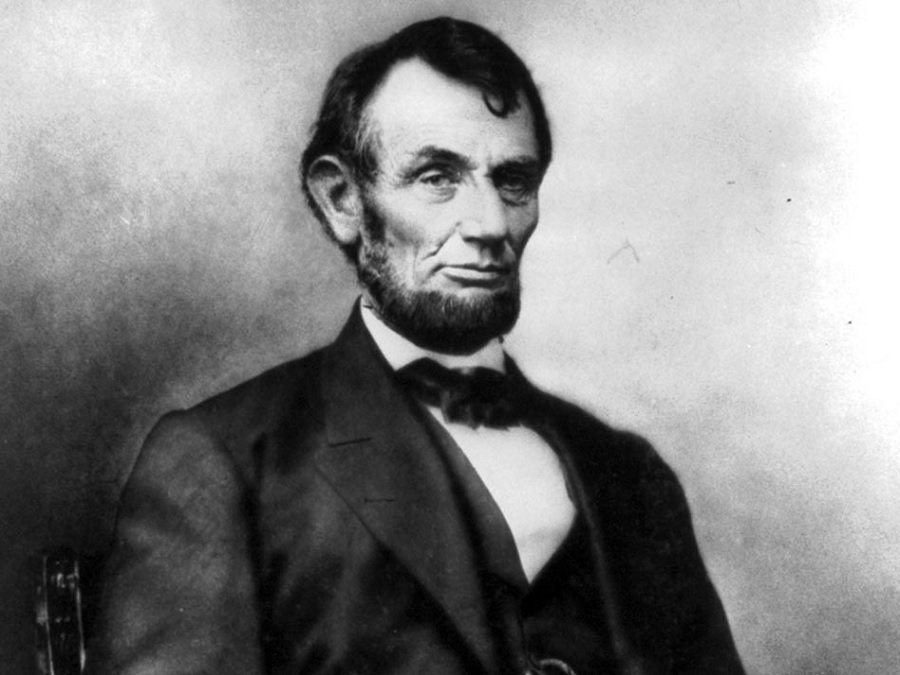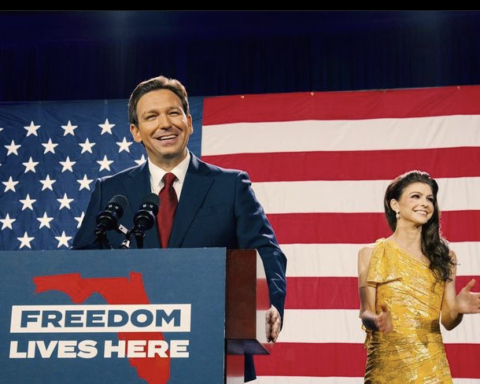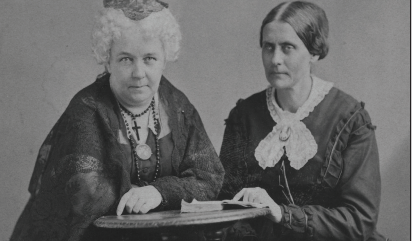By Alexis Young
Staff Writer
This Sunday marks the 156th anniversary of Abraham Lincoln’s legendary log cabin birth. Many today don’t seem to recognize that Lincoln’s election severely divided the country, and the atmosphere around his inauguration was not hopeful, as I believe many of us like to envision it to be. There is much our politicians today could learn from Lincoln.
According to 270 to Win, Lincoln won by 108 electoral votes, but not a single one was cast by a southern state. Before he was officially inaugurated, the south took its first steps to leave the union with South Carolina declaring succession.
In Carl Sandburg’s biography on Abraham Lincoln he makes it clear that from day one, Lincoln had to deal with a divided nation, as government buildings in the south had been seized a month before his inauguration by the new Confederate government led by Jefferson Davis.
During Lincoln’s political career the American Party was a prominent party. Sandburg tells us they were also known as the Know-Nothing Party for their ‘I know nothing’ response to outsiders who questioned the goings on within the secret organization.
The party stood against immigration and Catholics and adopted a nativist and pro-Protestant viewpoint. In many ways they are similar to the modern day Ku Klux Klan, which similarly stands against Catholics and immigrants while operating in secret. The Ku Klux Klan, however, expands its scope to also being anti-Semantic, anti-black and anti-women.
In modern eyes, Lincoln is remembered as one of our greatest presidents. He could relate to the people with his humble roots, his humor, his great capacity for the truth and his strong sense of justice.
In Sandburg’s book, Lincoln spoke to Know Nothing bosses as senator Lincoln. He responded to their political agenda by saying, “Native Americans, we pushed from their homes and now turn upon others not fortunate to come over as early as our forefathers.”
Not leaving any ambiguity, Lincoln stated he “was not in sentiment with this new party [the Know Nothings]” because it “was wrong in principal.”
Lincoln refused backing by a major political party on principle, although it would cost him votes. In his campaigns, Lincoln told his managers to make no promises of office to potential voters or backers, giving him the ability to be free from conflicts of interest, appointing the people he saw to be best fit for the positions.
Contrary to typical procedure, Lincoln’s cabinet appointments struck a balance between the prominent parties of the time. With his appointments to cabinet positions, Lincoln selected four old-line Democrats and three old-line Whigs. The Republican Party was just beginning in this time period, and it absorbed the majority of the Whigs. Many advised Lincoln that this was something of a wrong balance. Lincoln was elected as our first Republican president, yet Democrats filled the majority of his cabinet positions. To this he replied, “I’m something of an old-line Whig myself and I’ll be there to make the parties even.”
Lincoln’s cabinet appointments speak to the earnestness of his desire for truth. Rather than filling his cabinet with Republicans and Whigs, essentially having a group of ‘yes-men’ as advisors, Lincoln took from both sides of the aisle and attempted to give the major voices within the country equal say while he attempted to bind the fractures of our broken nation.
How funny it is that history repeats itself.
Many of the problems Lincoln had faced upon entering the White House are still sparking great public debate. This past election year, we saw xenophobic attitudes, religious and racial discrimination come to the forefront of public discussion.
Our world has become increasingly more interconnected through modern technology and environmental concerns. Yet, we have failed to see that the walls we have set along borders are still imaginary, and do much to block our view of the humanity in those seeking refuge from war torn countries, religious freedom and the opportunity we boast over.
Our oversights have extended into the interior of our country as well. As protests have taken place on almost every front.
The Sioux tribe stood up for their wellbeing at Standing Rock with the Rezpect Our Water campaign. Environmentalists happily came in support of the rights of the tribe and our responsibility to the planet. From there spreading across the country to protect water from other major pipeline projects.
The black community is also making their voice heard with the Black Lives Matter protests. The Women’s March of last month had an unprecedented showing and the people are stepping up to make sure people don’t discriminate on the basis of religion.
Along with this, Donald Trump’s election can be interpreted as the cry of rural America. As rural communities struggled to keep their heads above water during the Recession,. life vests were dispersed predominantly in the big cities. As unpopular as it is, rural communities are often overlooked as well.
Our country is at a tipping point.
From 1861-1865, Lincoln worked to bring the country back together. Now in 2017 after a polarizing election, it appears we need to do this again; however, this time we have a playbook.
We have been to the brink and back and we have more resources now than ever before. It is time for the people to use these resources and the lessons we have learned in history to move for a better America.
Talk to the people around you, especially those from different backgrounds. Begin to understand America as the diverse body of people it is, rather than blinding yourself to only the opinions of those similar to you. If we can work to understand each other and look outside our own interest groups, the nation will heal itself.
We are no doubt a great country, but we cannot stop there. A constant effort to become better keeps a nation alive and well. This effort cannot come from one person; it has to come from all of us.
As President Trump said in his inaugural address, “The time for empty talk is over. Now arrives the hour of action.”
Let’s get to work.
youngam13@bonaventure.edu









